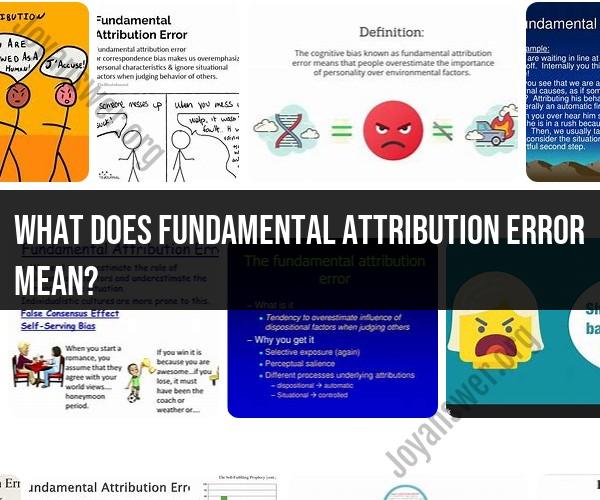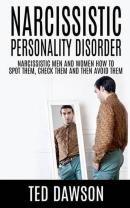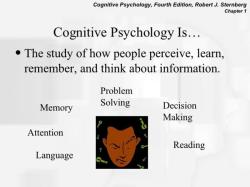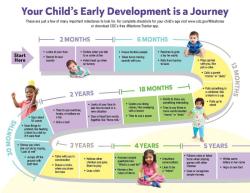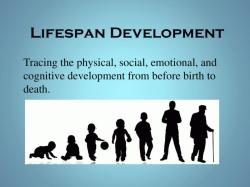What does fundamental attribution error mean?
The fundamental attribution error, often abbreviated as FAE, is a cognitive bias in psychology that describes our tendency to attribute the behavior of others to internal, personal characteristics while downplaying or overlooking the influence of external situational factors. In other words, when we observe someone's actions, we often have a natural inclination to assume that their behavior is a result of their inherent traits, personality, or disposition, rather than considering external factors that may have played a significant role.
For example, if someone is late for a meeting, we might assume they are always disorganized or lazy (an internal attribution) without considering that they were delayed due to unexpected traffic (an external attribution).
Key points about the fundamental attribution error:
Emphasis on Internal Factors: We tend to overemphasize the role of personal attributes, beliefs, and character when explaining why people behave the way they do.
Underemphasizing Situational Factors: We often underappreciate or underestimate the impact of external factors, such as circumstances, constraints, or environmental conditions, on a person's behavior.
Common Social Phenomenon: The FAE is a common social phenomenon and can influence our judgments and perceptions of others in everyday life.
Cultural and Individual Differences: The degree to which people make the fundamental attribution error can vary based on cultural and individual factors. Some cultures and individuals may be more prone to this bias than others.
Explaining Behavior: FAE affects how we explain or interpret the behavior of others, which can have implications for our social interactions and relationships.
Understanding the fundamental attribution error is essential because it helps us recognize the potential for bias in our judgments of others. It reminds us that people's actions are often influenced by a complex interplay of internal and external factors. Being aware of this bias can lead to more accurate and fair assessments of people's behavior and reduce the likelihood of misjudgments or unfair attributions.
Fundamental Attribution Error: Unpacking a Psychological Concept
The fundamental attribution error (FAE) is a cognitive bias that leads people to overestimate the role of dispositional factors (e.g., personality, traits, and motives) and underestimate the role of situational factors (e.g., the environment, social norms, and external constraints) in explaining others' behavior.
Defining Fundamental Attribution Error in Social Psychology
In social psychology, the FAE is described as the tendency to overestimate the role of personal factors and underestimate the role of environmental factors in explaining the behavior of others.
The Role of Attribution Bias in Everyday Judgments
Attribution bias is a common cognitive bias that can influence our everyday judgments. For example, we may be more likely to attribute our own successes to our own abilities and our failures to external factors, while we are more likely to attribute the successes of others to external factors and their failures to their own shortcomings.
The FAE can also lead us to make inaccurate judgments about the character of others. For example, if we see someone behaving rudely in a restaurant, we may be more likely to attribute their behavior to their personality (e.g., they are a rude person) than to situational factors (e.g., they are having a bad day).
Real-Life Examples of Fundamental Attribution Error
Here are a few real-life examples of the fundamental attribution error:
- Attributing a person's success to their intelligence rather than to their hard work and dedication.
- Attributing a person's failure to their laziness rather than to difficult circumstances or lack of opportunity.
- Assuming that someone who is behaving rudely is a mean person rather than considering that they may be having a bad day or that they are not familiar with the cultural norms.
- Blaming the victim of a crime for their misfortune rather than acknowledging the role of situational factors, such as being in the wrong place at the wrong time.
Challenging and Understanding the Cognitive Biases Underlying FAE
There are a number of ways to challenge and understand the cognitive biases underlying the FAE. One way is to be aware of the bias and to make a conscious effort to consider both dispositional and situational factors when explaining others' behavior. Another way is to seek out different perspectives and to consider the possibility that you may be misinterpreting someone's behavior.
It is also important to remember that everyone makes mistakes, and that attributing someone's behavior to a negative dispositional factor may not be accurate. If you are unsure about why someone is behaving a certain way, it is always best to ask them directly.
Here are some tips for challenging and understanding the cognitive biases underlying FAE:
- Be aware of the bias. The first step to challenging any cognitive bias is to be aware of it. Once you know that you are susceptible to the FAE, you can start to pay attention to your own thoughts and judgments.
- Consider situational factors. When you are trying to understand another person's behavior, make sure to consider both dispositional and situational factors. Don't be too quick to attribute their behavior to their personality.
- Seek out different perspectives. Talk to other people about their interpretations of the situation. This can help you to see things from a different perspective and to identify any biases in your own thinking.
- Be open to the possibility that you are wrong. It's important to be open to the possibility that you may be misinterpreting someone's behavior. If you are unsure, ask them directly for their perspective.
By understanding the FAE and challenging our cognitive biases, we can make more accurate and fair judgments about the behavior of others.
